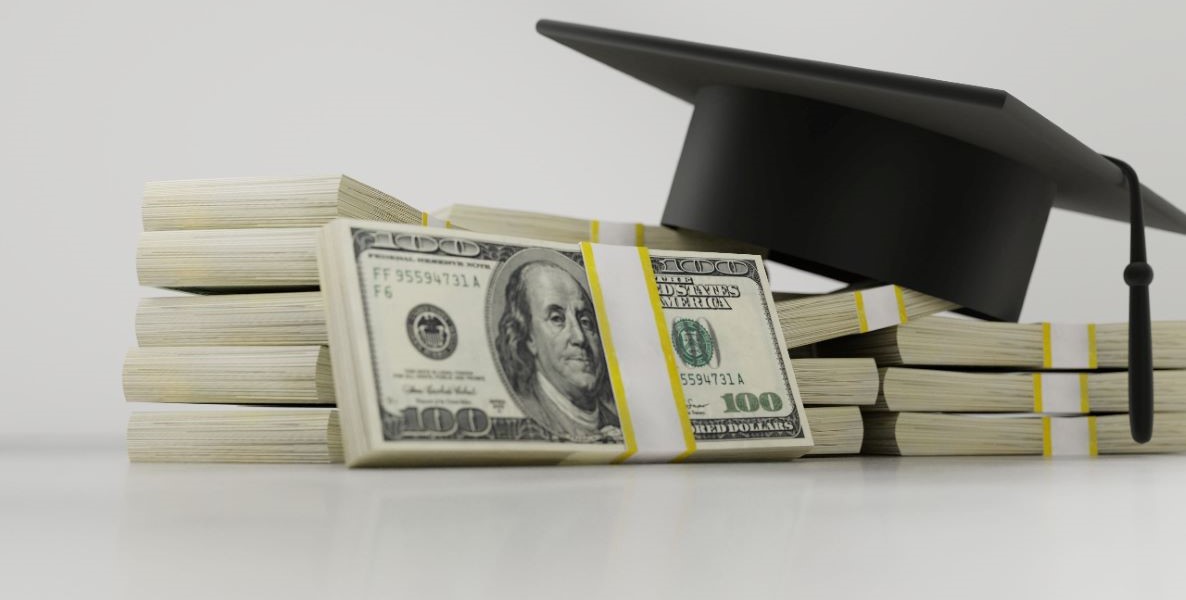The U.S. Supreme Court has ruled. For the first time since March 2020, interest on student debt resumes on September 1, and bills for payment arrive in October.
The saddest stories involve students, many of whom have not completed undergraduate degrees, who are trapped forever in a limbo of interest exceeding the original amount borrowed. Bankruptcy is not an option. These citizens may want to continue their education, but the debt burden stops them. In fact, their entire future is on hold. Buying a house? Impossible.
But don’t despair. The Department of Education is offering an Income-Driven Repayment Plan (SAVE), which, for most borrowers, will cap interest accrual and lower monthly payment. I advise everyone with student debt to visit the student aid website immediately. (Instructions below.)
You can teach fiscal responsibility, but you can’t predict the life forces that derail student debt holders.
The SAVE Plan provides help to debt-holders and to the economy.
Communication is a challenge
It’s a big challenge to get the word out about SAVE. The Department of Education is doing its best. They have already BETA-tested the SAVE website, which is now widely available. The DOE plans to communicate directly with 30 million borrowers and has enlisted outreach help from several civic groups including the NAACP, the National Urban League, and Young Invincibles.
Communication is complicated by Congressional Republicans’ opposition to the plan, who say, according to Politico, it’s “a backdoor loan forgiveness program that provides wasteful subsidies to millions of borrowers at taxpayer expense.” That’s simply inaccurate. IDR plans have long been available but have not been sufficiently explained or communicated. Not only are IDR’s a sensible way to pay debt, but these repayment plans prevent default, and default costs taxpayers lots of money.
The whole issue has become so politicized that it’s nearly impossible to highlight the very real benefits of administering student debt through IDR.
The future for student debt
President Biden is working on a plan B to cancel student debt outright. This program will take months, possibly years, to finalize and will undoubtedly encounter substantial opposition.
Governor Ron DeSantis addresses student debt in his economic plan. There’s even one positive element: removing barriers from student debt holders for declaring bankruptcy. But the rest of his plan is simply a phalanx in his war against the universities. He proposes making “universities, not taxpayers, responsible for the loans their students accrue.”
As the former president of underfunded regional public universities, institutions where we provided excellent advice on keeping student debt as low as possible, I can say unequivocally that it would be impossible and unfair to tax universities for students’ debt default. You can teach fiscal responsibility, but you can’t predict the life forces that derail student debt holders. Taking funds away from regional publics to pay individual student debts would diminish the already inadequate funds available for financial aid counseling.
How to apply for student debt relief, now
Have ready your FSA (Financial Student Aid) ID; your financial information, your personal information, your spouse’s information, if applicable. The Department of Education estimates that it will take just 10 minutes to apply.
It may be the best 10 minutes you have invested this year. Income-driven repayment (IDR) plans make student debt more manageable by establishing a monthly payment based on income and family size. Payments could be as low as $0 per month. After 20 or 25 years, depending on the plan, loan balances will be entirely forgiven.
What can the rest of us do?
-
- Immediately communicate with student debt holders and suggest that they visit the SAVE website.
-
- Support local colleges and universities in providing the best financial aid information to students and alumni.
-
- Encourage students to keep their indebtedness as low as possible. Student loans are for academic purposes, not to make mortgage payments.
-
- Vote for representatives who are committed to reducing student debt in the first place by providing free or at least affordable public college opportunities.
Elaine Maimon, Ph.D., is an Advisor at the American Council on Education. She is the author of Leading Academic Change: Vision, Strategy, Transformation. Her long career in higher education has encompassed top executive positions at public universities as well as distinction as a scholar in rhetoric/composition. Her co-authored book, Writing In The Arts and Sciences, has been designated as a landmark text. She is a Distinguished Fellow of the Association for Writing Across the Curriculum. Follow @epmaimon on Twitter.
![]() MORE ON STUDENT DEBT
MORE ON STUDENT DEBT



